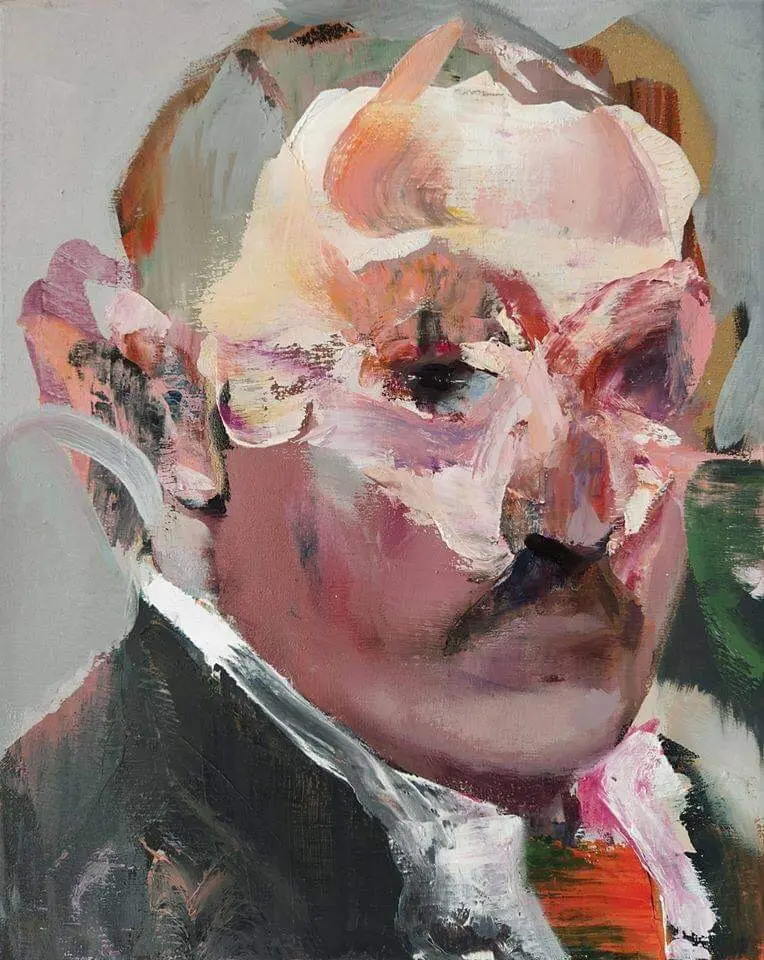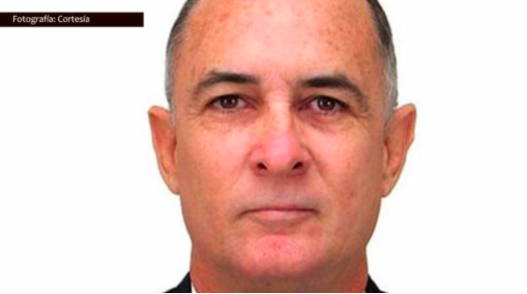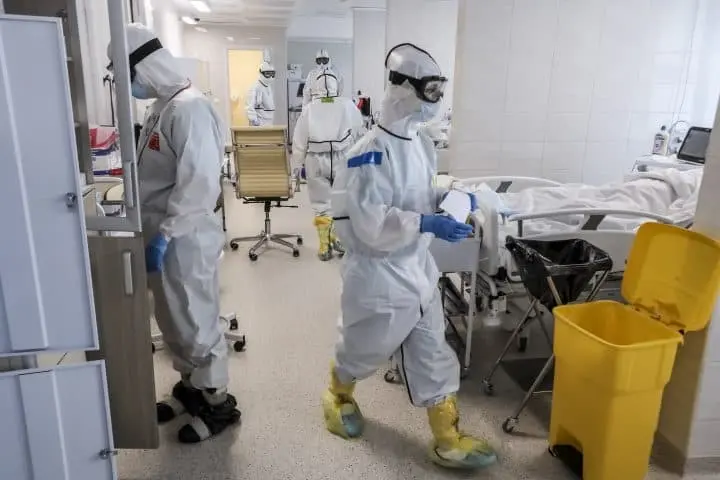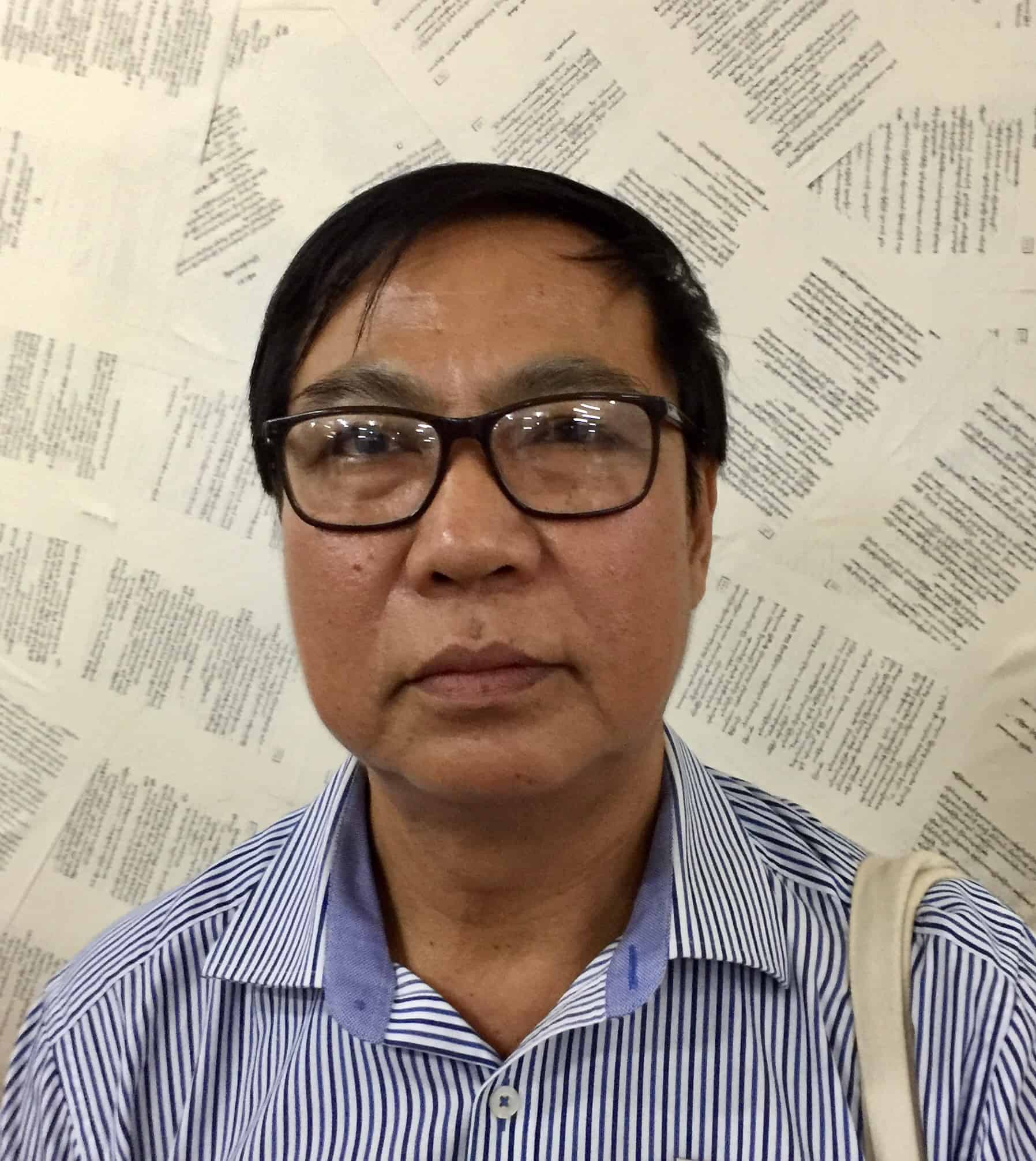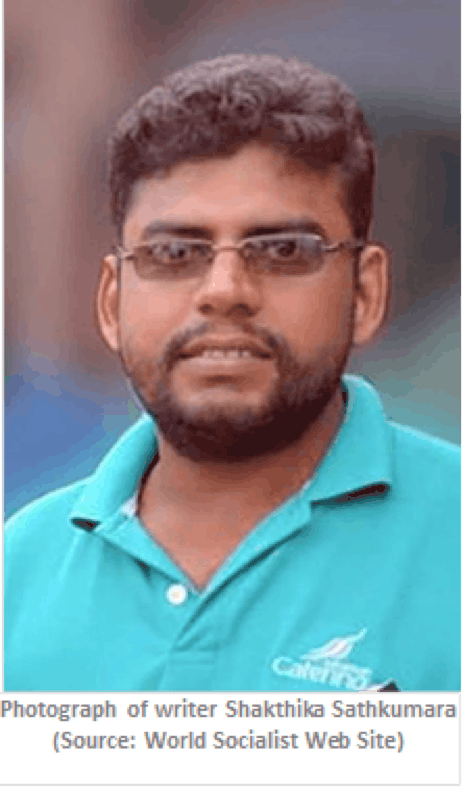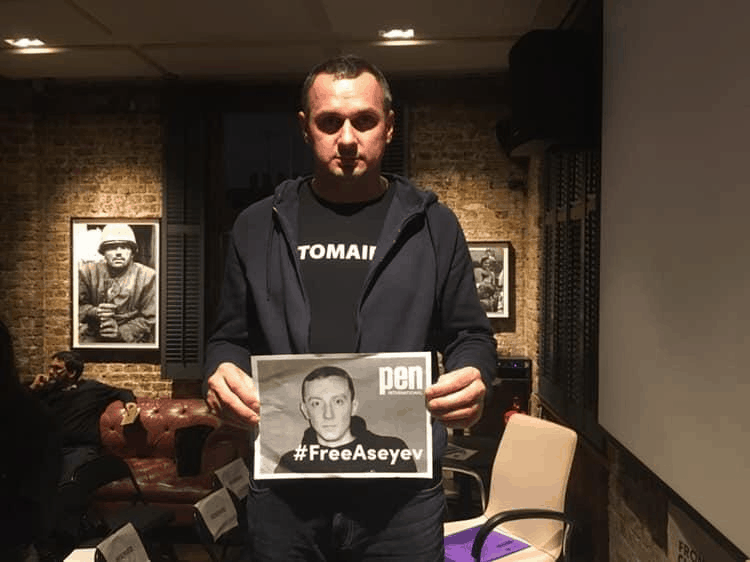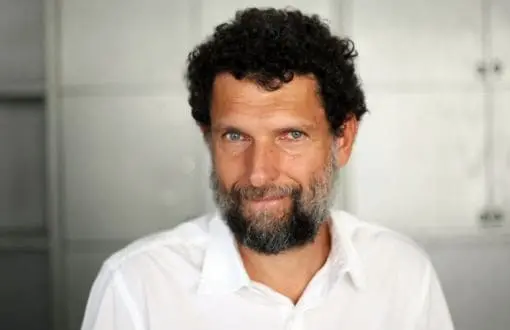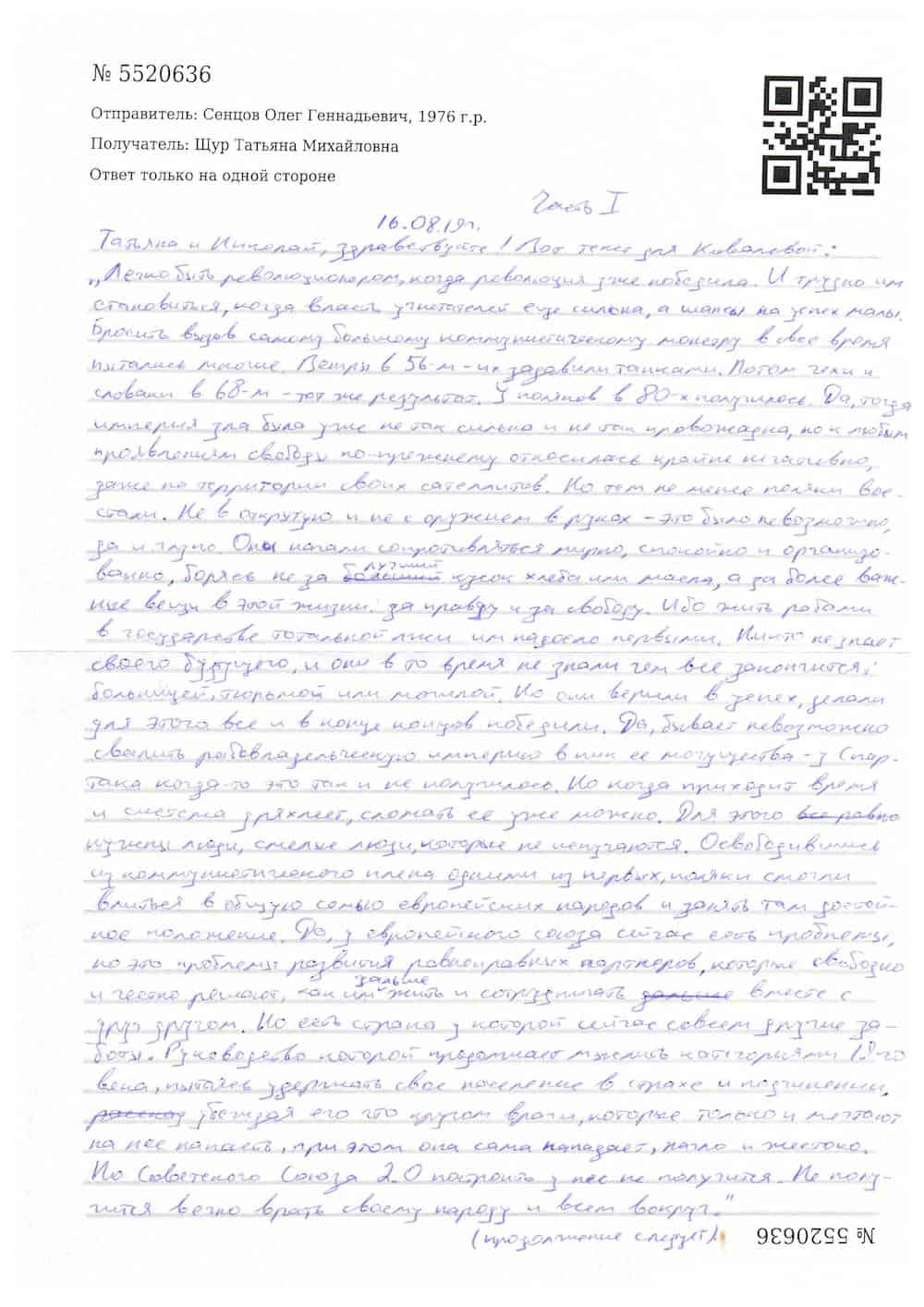Statement submitted to the Commission on the Status of Women by International PEN, a non-governmental organization in consultative status with the Economic and Social Council
International PEN, also known as PEN International, is the world’s leading association of writers. We work to defend freedom of expression and to promote literature. Our global network of more than 150 PEN Centers is active in over 100 countries, and our Women Writers Committee works directly with numerous female writers, and includes journalists, poets, novelists, translators, and bloggers.
PEN International, joined by PEN America, welcomes this opportunity to submit a statement to the Commission on the Status of Women. This year, at the 65th meeting of the Commission, also known as Beijing+25, PEN International reaffirms its commitment to women’s right to free expression, participation and decision-making in public life, and the elimination of violence against women. The Beijing Platform concerns are essential to sustainable development and, as such, gender equality, the empowerment of women, and the human rights of women and girls must be a central priority in the global development agenda, both as an important end in itself and as an essential means to obtaining every development goal. As an organization that pledged almost a century ago in 1921 to defend freedom of expression and the cause of writers and literature worldwide, PEN International is witness to the repression that women still face when they publicly champion their causes or the causes of others. In this statement, we wish to express concern about women facing the harshest of consequences for their expression and activism to advance women’s rights, equality, and full participation in civic life.
Annual Case Lists produced by PEN International, as well as the inaugural Freedom to Write Index produced by PEN America, found that in certain countries, particularly in Iran and Saudi Arabia, women had been targeted because they spoke specifically to promote women’s rights.
The individual narratives of these female activists reflect the struggles of a larger community to advance women’s equality, and we seek to highlight this at the 65th Commission on the Status of Women meeting. We call for both state and non-state actors to act towards the release from prison and/or the dropping of criminal charges of the following unjustly charged, detained, or incarcerated women:
Nasrin Sotoudeh, a prominent Iranian human rights lawyer, writer, and activist, has most recently provided legal representation to women protesting the compulsory hijab law. She has been imprisoned since 2018 and convicted of several national security-related offenses. Initially sentenced to 38 years in prison and 148 lashes, it was later confirmed that Sotoudeh would be imprisoned for a minimum of 12 years. She undertook a hunger strike in August 2020 to protest the conditions in Evin prison during the COVID-19 pandemic. Sotoudeh was temporarily hospitalized with cardiac complications in late September; she was transferred back to Evin prison five days later, but her health condition remains critical and she needs urgent medical care. She was awarded the Right Livelihood Award in October 2020, the Sakharov Prize in 2012, and PEN America’s Freedom to Write Award in 2011.
Golrokh Ebrahimi Iraee, an Iranian writer who was arrested in September 2014 and sentenced to six years in prison for an unpublished fictional story she wrote criticizing the practice of stoning. She was initially released on bail in April 2019 following a 71-day hunger strike but was reimprisoned that November.
Zahra Mohammadi, an Iranian teacher and human rights activist, who was detained for seven months after being arrested in May 2019 on national security charges for her work teaching Kurdish language and culture. In December 2019, she was released on bail, but was called to trial two months later. In July 2020, she was sentenced to 10 years in jail via a letter sent to her lawyer. She was ultimately convicted of forming a group against national security and refusal to cooperate with the authorities.
Dr. Fariba Adelkhah, a French-Iranian anthropologist who was sentenced to five years in prison for “security charges including conspiring against national security” in May 2020. She had been held in Iranian state custody since June 2019 for conducting academic research. On October 3, 2020, Dr. Adelkhah was temporarily released on parole from Evin prison; she still faces criminal charges and is unable to return to her home in France.
Other prominent activists who remain imprisoned, detained or convicted in Iran for whom that PEN International is calling to be freed include:
Zahra Rahnavard, a scholar and writer who has been under unofficial house arrest since February 2011 for her political activism in support of women’s rights. No charges have been pressed against her and no official legal proceedings have begun.
Sedigheh Vasmaghi, a writer and women’s rights activist who was sentenced to a year in prison for her human rights work. Previously given a 5-year suspended sentence on similar charges, if her appeal against the current sentence is over turned, she will be required to serve a total of six years in prison.
Aras Amiri, who worked at the British Council, showcasing work by Iranian artists. An Iranian citizen living in the U.K., Amiri was sentenced to 10 years in prison for ‘espionage’. She was temporarily released with conditions during the COVID-19 pandemic, but her sentence was upheld.
It is also vital to note the subject of inhumane conditions at Evin prison. Attempts to bring this to public attention are often met with resistance by the Iranian authorities. For instance, journalist and human rights activist Narges Mohammadi was imprisoned multiple times on charges including spreading propaganda, after her speech addressing Evin’s conditions in 2014 went viral. She reportedly contracted COVID-19 while in prison, and suffered additional health complications. In a positive step, she was released in October 2020 after her sentence was commuted.
In Saudi Arabia, writer-activists Nouf Abdulaziz, Loujain Al-Hathloul, and Eman Al-Nafjan were arrested between May and June 2018, among other activists who had campaigned against the ban on driving and for women’s rights. During months of detention without charge, they were reportedly subjected to imprisonment, solitary confinement, torture, and threats of rape. Among the arrested were also Hatoon Al-Fassi and Nassima Al-Sadah. While Al-Fassi was provisionally released in May 2019, she awaits trial in connection with her advocacy for women’s rights. Al-Nafjan was granted temporary release in March 2019. However, Abdulaziz, Al-Hathloul, and Al-Sadah remain in detention. After a long hiatus, hearings resumed in their cases in February and March 2020 alongside other detained women, before Saudi Arabia suspended all court appearances due to COVID-19. The ability of family members to see their detained relatives has also been circumscribed, with phone calls and in-person visits also being curtailed for much of 2020, leaving them in near-isolation. Al-Hathloul, Abdulaziz, and Al-Nafjan were honored with PEN America’s Freedom to Write Award in 2019.
Other prominent activists who remain imprisoned, detained, or convicted in Saudi Arabia and for whom PEN International calls to be freed include:
Khadija Al-Harbi, a feminist writer who was arrested during a crackdown on dissent in April 2019. She remains detained without charge and has been repeatedly denied access to a lawyer. She was reportedly in the late stages of pregnancy at the time of her arrest.
Maha Al-Rafidi Al-Qahtani, a journalist and writer who had been held in pretrial detention since September 2019. As of January 2020, she was reportedly held in solitary confinement and subjected to ill-treatment at Sha’ar Prison.
The above cases and grave repercussions for expression and activism cast a chilling shadow for all women in these states, leading them to doubt their safety when expressing criticism off- or online or participating in public life. Here, it becomes vital to acknowledge progress. In 2020, when the UN celebrated the twenty-fifth anniversary of the Fourth World Conference on Women, the project of review indicated that in these states, the overall record of rights, privileges, and living standards for women have improved. Unfortunately, it is not yet time to rejoice. While there are significant developments behind us in the realm of gender parity, the fact that women are being charged, sentenced, and imprisoned merely for their non-violent expression and activism to promote women’s basic rights and other human rights is a grave impediment to their full inclusion and equality. This must be addressed as a matter of urgent priority. We therefore call for the immediate release of the women referred to in this appeal, and for all state authorities to cease prosecuting and imprisoning women for daring to imagine and advocate for a more just and inclusive world for women.


